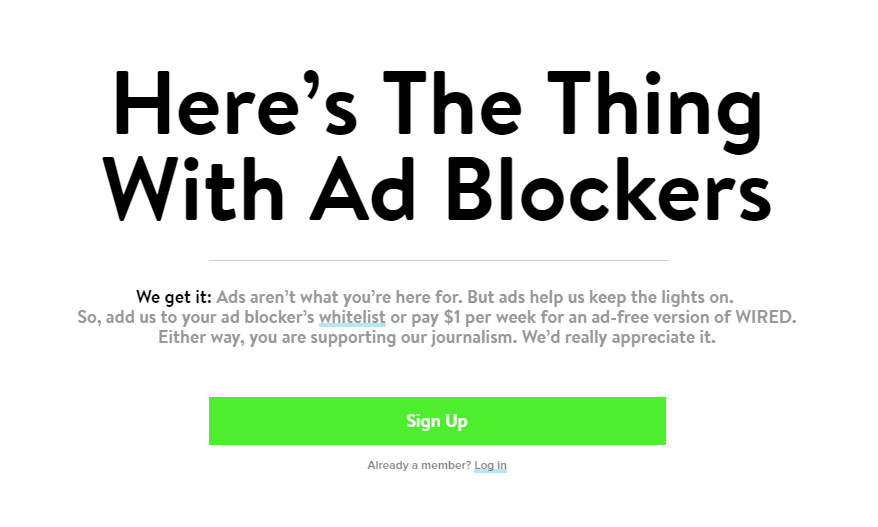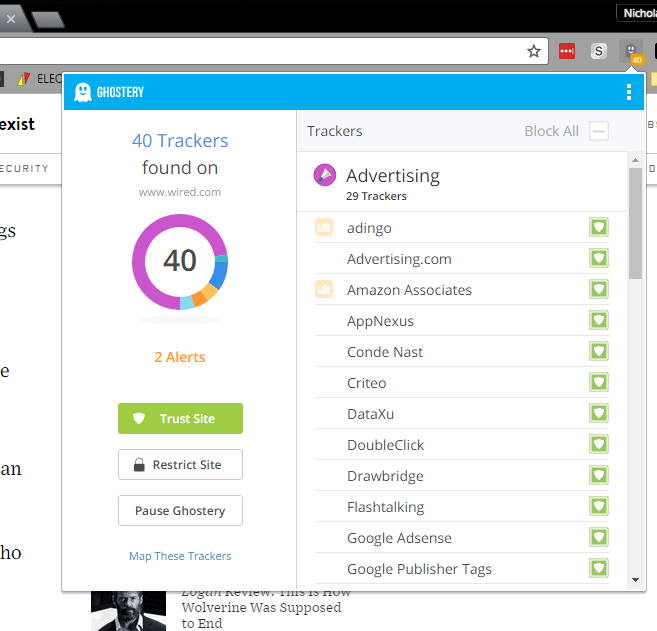Maybe Later
“Install update” Maybe later.
“Sign in to access this content” No.
“It’s better in the app!” Whose fault is that?
“We completely redesigned this thing you need to do your job for no good reason” Got it.
“Disable any adblocker.” Absolutely not.
…
I don’t know if I’m supposed to read this as a poem, but I did, and I love it. It speaks to me. It speaks of my experience of using (way too much of) the Web nowadays, enshittified as it is.
(This toot about the evolution of videogaming seems almost like a sequel. Less like a poem, though.)
But yeah, I run a fine-tuned setup on most of my computers that works for me… by working against most of the way the Web seems to expect me to use it, these days. I block all third-party JavaScript and cookies by default (and drops first-party cookies extremely quickly). I use plugins to quietly reject consent banners, suppress soft paywalls, and so on. And when I come across sites that don’t work that way, I make a case-by-case decision on whether to use them at all (if you hide some features in your “app” only, I just don’t use those features).
Sure, there are probably half a dozen websites that you might use that I can’t. But in exchange I use a Web that’s fast, clean, and easy-to-read.
And just sometimes: when I’m on somebody else’s computer and I see an ad, or a cookie consent banner, or a “log in to keep reading” message, or a website weighed down and crawling because of the dozens of tracking scripts, or similar… I’m surprised to remember that these things actually exist, and wonder for a moment how people who do see them all time time cope with them!
Sigh.
Anyway: this was an excellent poem, assuming it was supposed to be interpreted as being a poem. Otherwise, it was an excellent whatever-it-is.

